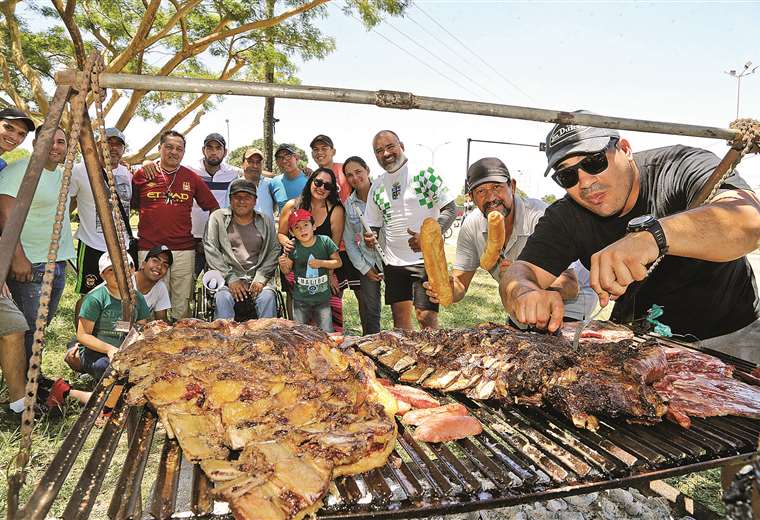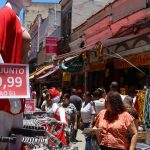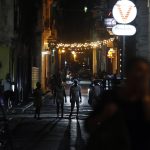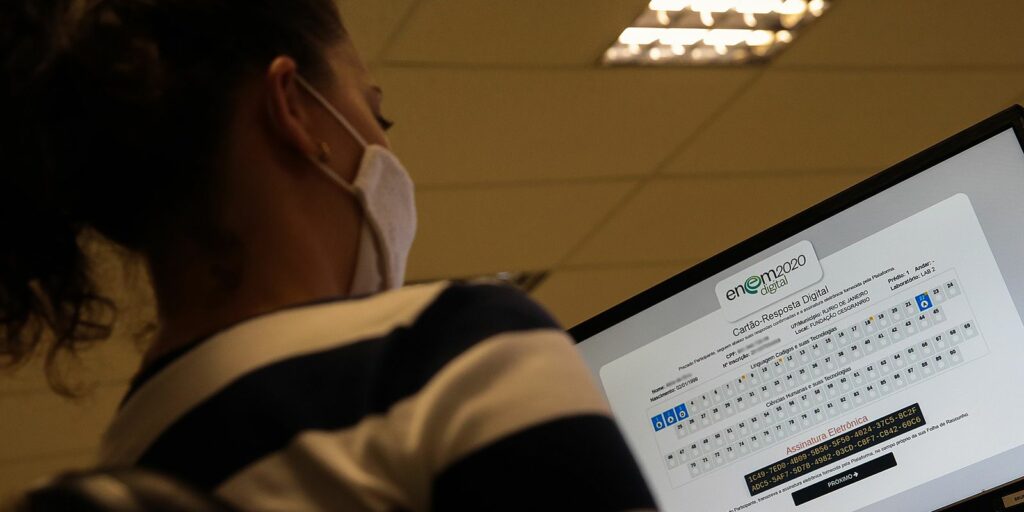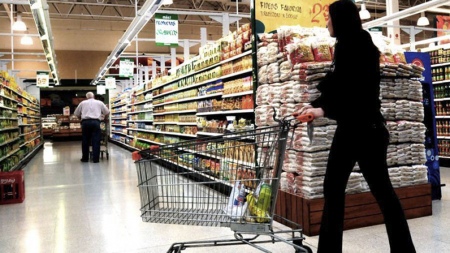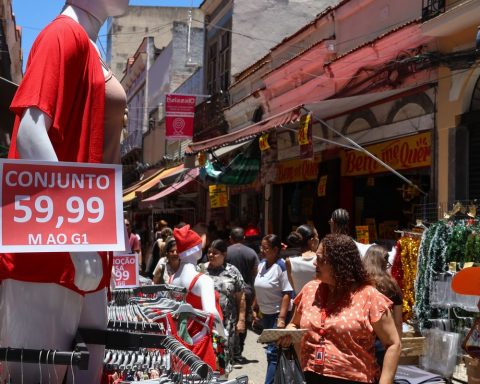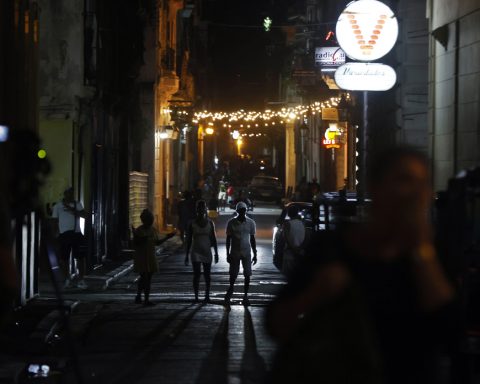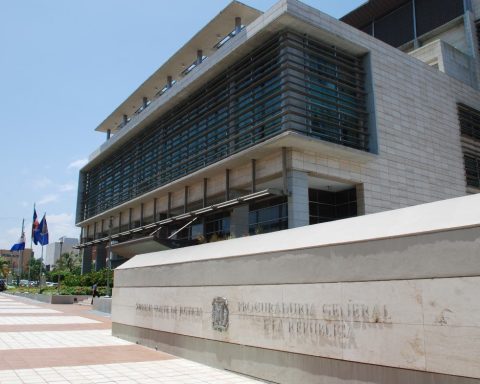Without them, sustaining a long-term fight in the streets would be impossible. The common pots are an important part of the great mobilization for the census. They guarantee food for all those who support the strike in the roundabouts and move solidarity, cooperation and organized work around them.
Eating from the big pot is part of this great mobilization for the census. The taste of wood-fired food and typical dishes this time left the table to settle in roundabouts and streets.
The locro, the majao, the patasca and the churrasco, which are traditional dishes for the people of Santa Cruz, are also part of this fight, since they support all those who are under the sun or the stars, but firm guarding their blockade point.
In these 28 days of unemployment it has not been difficult to fill the big pot, because solidarity means that nothing is missing for the pot and that there is enough for everyone.
At the roundabout on Avenida Mutualista and Cuarto Anillo, no one goes without eating, even those who are passing through the place when lunch or dinner is served. The inputs come from the contribution of the neighbors called Resistencia Mutualista and there are days when a family offers to prepare the food on their own. Ariel Alarcón, president of the UV-40, invited the residents to continue in the fight.
When there are more contributions, they prepare churrasco, as they did this Thursday, which is also the special dish when the authorities announce some achievement in the Santa Cruz struggle.
At the roundabout of Av. Virgin of Cotoca had sweet and sour chicken for lunch this Thursday. The food is prepared by women who cook at home and bring the dishes ready to be distributed among those at the blockade point.
Mrs. Evelín is one of the women who is leading the protest at this site and she says that about 60 dishes are prepared with the help of the residents of the La Bélgica neighborhood, who are the ones who remain in this roundabout. This is because in the surroundings there are other common pots that are supported by the residents of the Guaracachi and Totaí neighborhoods.
Photo: Jorge Ibanez
Evelin assures that the food is enough not only for those who guard the blockade, but also for families who do not have lunch or dinner and for the drivers of heavy trucks who must wait in line until their way is cleared, every two hours. . “If they happen to be in this place at noon, they are given lunch, and if they are early, breakfast. Nobody goes hungry here, ”he says.
In this roundabout there is breakfast, lunch and dinner. In addition, there are neighbors who bring cuñapé and other typical baked goods for coffee in the afternoon.
Evelin points out that the common pot is an important element to maintain the fight for census from the streets. “Entire families come here to eat,” says this woman who she receives with a glass of soda and alfajores who she approaches to talk. “Coma, here there is no shortage for anyone. God provides,” she repeats.
One block from this blockade point are the residents of the Totaí neighborhood, who also eat from the large pot to keep up the fight. Estela Castedo is part of the group that watches the blockade during the day, which is reinforced at night with the rest of the residents.
“For the common pot we give contributions, either in money or food. The neighbors give rice, chicken, noodles, whatever they can, and that’s how lunch is guaranteed,” says one of the neighbors, who makes sure that people walk by.
He says that the strength of the neighbors is firm “because they have faith and hope that God will bless the effort and that the fight will not be in vain.”
“The important thing is not to abandon the blockade, because if we do, we will all sink,” says another of those who guard this point.

In the fifth ring of Alemania avenue, the neighbors prepare lunch every day in a kitchen. As in the other points, they support the pot with the contribution, even from people who pass by and leave their help or bring some food to share. In this and other places they celebrate birthdays, wedding anniversaries and other family events that they share with the fighting companions.
 Photo: Ricardo Montero
Photo: Ricardo Montero
shared tasks
It is enough to reach a blocking point and see how everything rotates in a synchronized way to enforce the blockade. The fourth ring of Avenida Mutualista is one of the roundabouts that remains closed. A man with a megaphone warns passers-by that only ambulances, health personnel, garbage trucks and urgent cases are allowed.
In addition, it warns those who travel by bicycle that they must walk, the same as motorcyclists. In the corners there are other people who are in charge of reviewing and verifying that those who ask for passage are part of the authorized group. Then, they give a signal so that those who are in charge of releasing the pita open the way.
Many know each other and have cultivated a friendship in these days of unemployment, but others who just join the point are welcome, because it is enough to ask who is in charge of the common pot and they can be immediately identified. They assure that there are no civics or politicians there directing the blockade, they are neighbors who put their shoulders to the Santa Cruz demand. They are not willing to go home empty-handed, as they want to see their struggle reflected in a law that guarantees their conquest.
